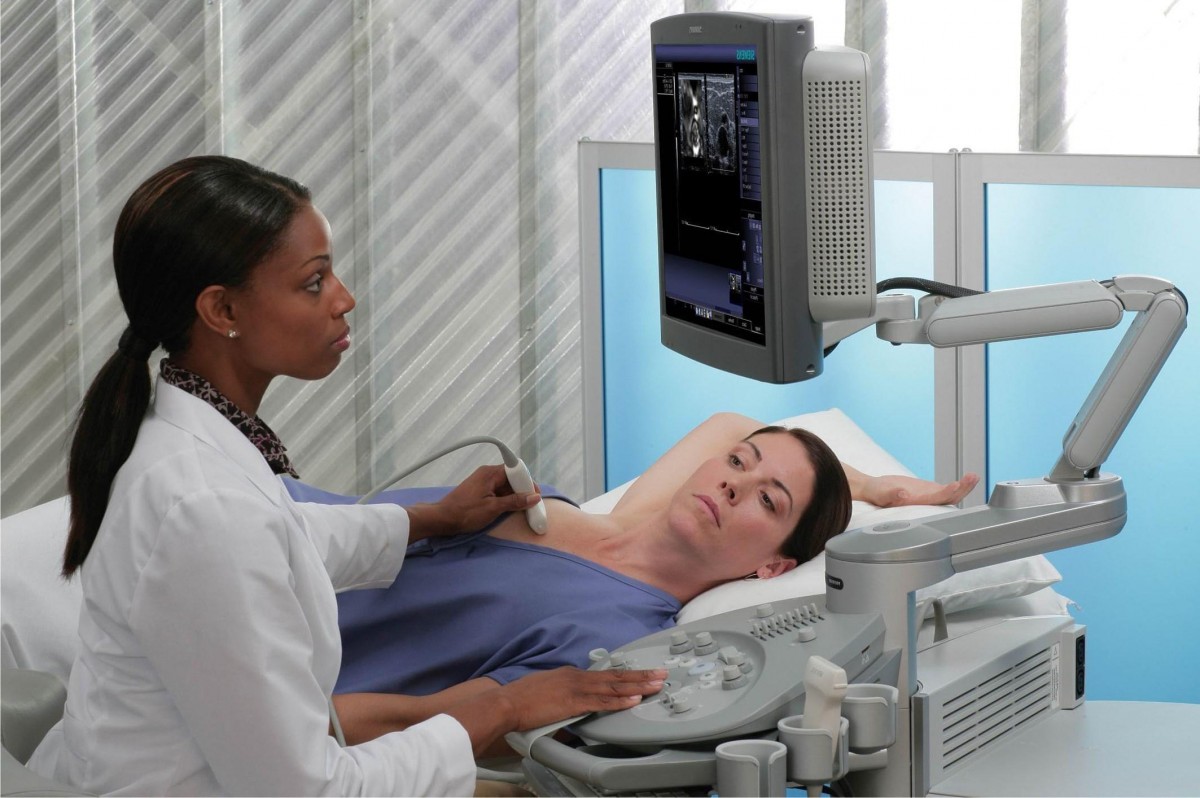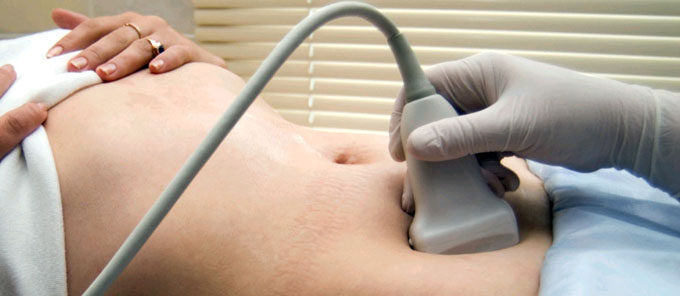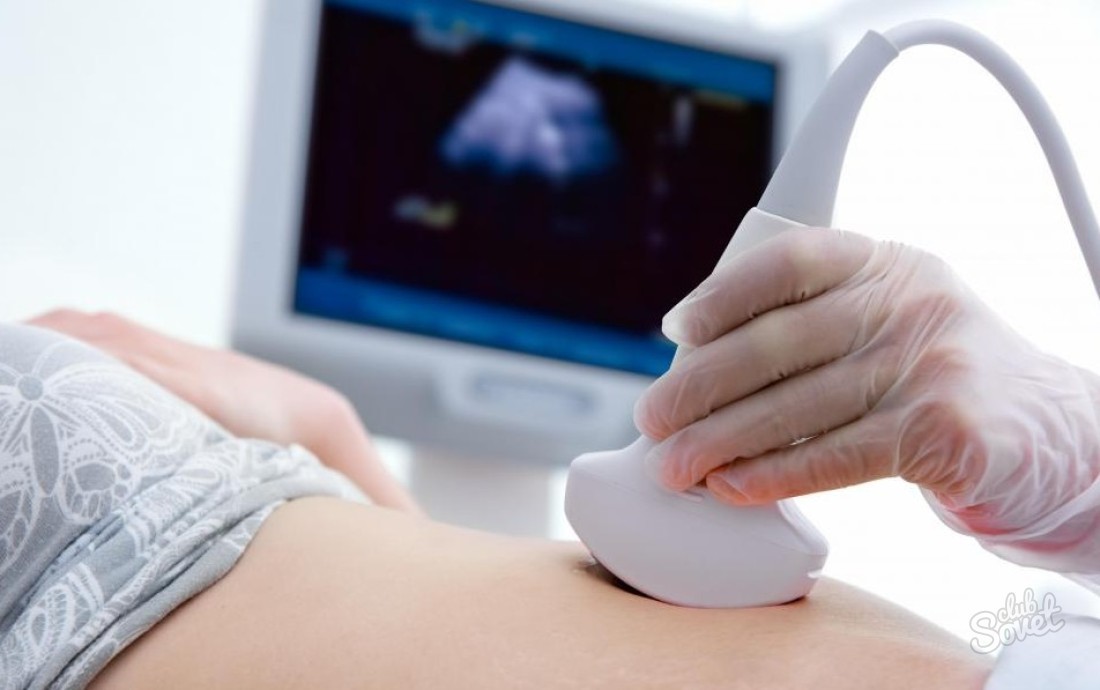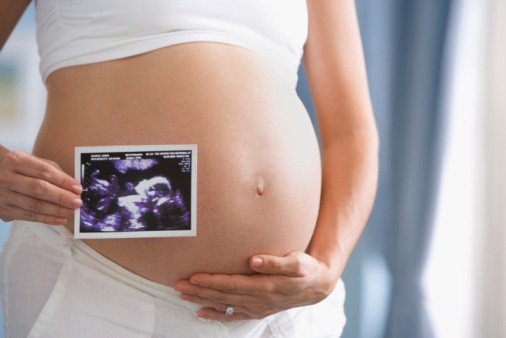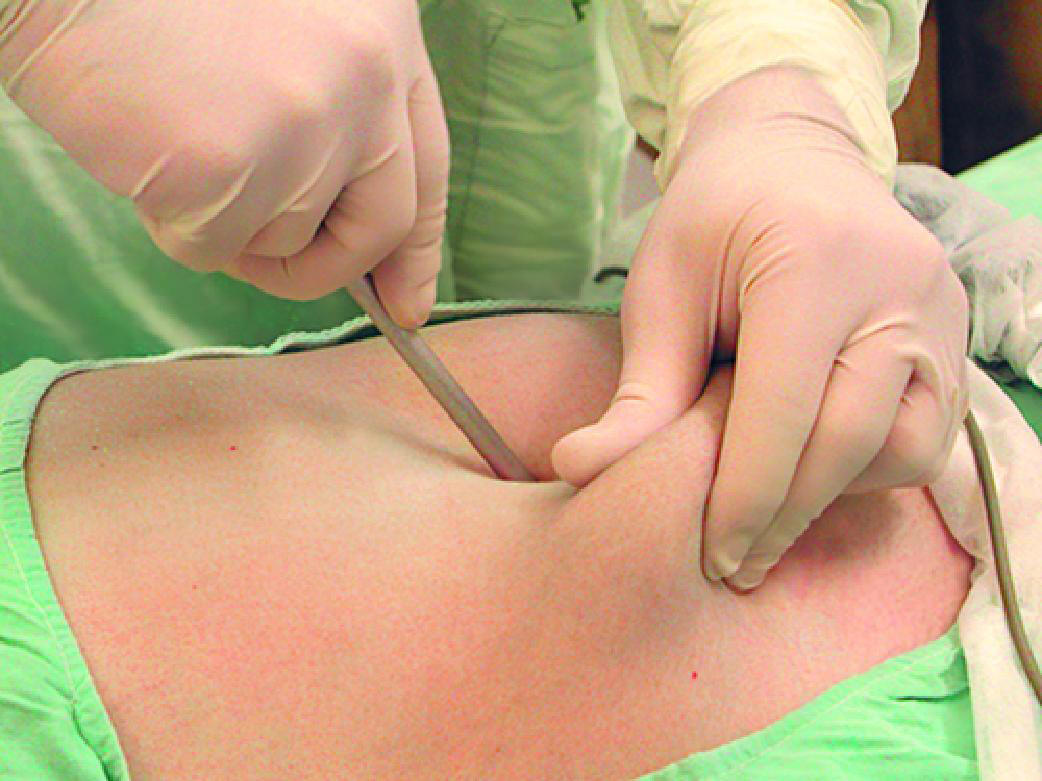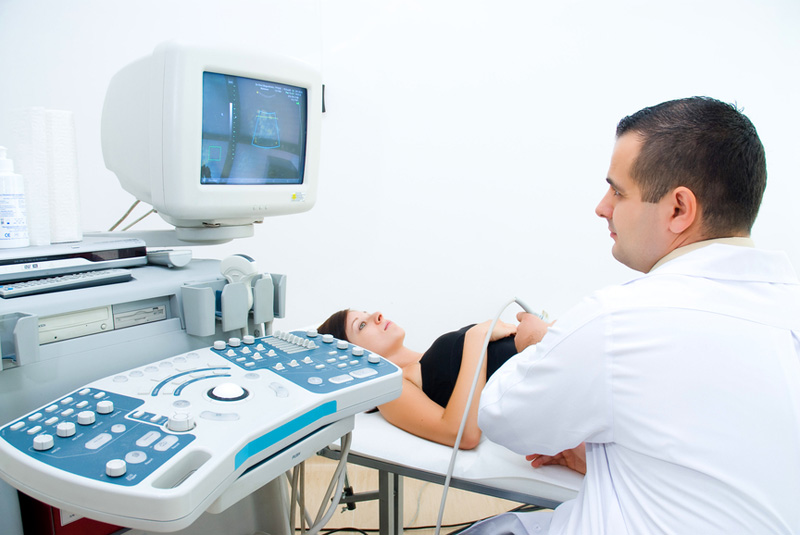
what percentage of positive fit tests are cancer?
м. Київ, вул Дмитрівська 75, 2-й поверхwhat percentage of positive fit tests are cancer?
+ 38 097 973 97 97 info@wh.kiev.uawhat percentage of positive fit tests are cancer?
Пн-Пт: 8:00 - 20:00 Сб: 9:00-15:00 ПО СИСТЕМІ ПОПЕРЕДНЬОГО ЗАПИСУwhat percentage of positive fit tests are cancer?
We included studies that reported the diagnostic accuracy of FIT for CRC or advanced neoplasia (CRC, or adenomas 10 mm or with 25% villous component and/or high-grade dysplasia) in asymptomatic adults with family history of CRC or personal history of CRC or advanced adenomas and used colonoscopy or follow-up as the reference standard. Lastly, she said that 3 out of four people have polyps, hemorrhoids, ulcers, or a combination of the three. B, Main Characteristics of Studies Included in the Systematic Review and Meta-analysis, Table 2. The methodological quality assessment of the included studies is summarized in eFigures 2 and 3 in the Supplement. Quiz Ref IDUse of cutoff values between 15 to 25 g Hb/g feces had the best combination of sensitivity and specificity for the diagnosis of CRC (93% and 94%, respectively), as well as the highest LR+ (15.1) and lowest LR (0.07). Parekh AS, Rutjes Such factors include the patients personal circumstances (for example, access to transportation), whether they have health insurance, whether they can get timely access to colonoscopy, and whether they have had an adequate conversation with their doctor about screening. Diagnostic tests 4: likelihood ratios. Colorectal cancer (CRC) is the third most common type of cancer in men and the second most common in women worldwide. JB, Glas Carroll Faecal immunochemical testing in bowel cancer screening: Estimating On average, the review found that FITs catch about 79 percent of colon cancers, and their specificity consistently tops 90 percent . independently reviewed and screened titles and abstracts of articles retrieved and determined final eligibility through examination of full texts. Many colorectal cancer screening programs, including some in the United States, struggle to ensure timely colonoscopy completion among those with a positive FIT, with rates as low as 50%, Dr. Zorzi and his colleagues wrote. and P.P.) They said, it just states either negative or positive for cancer. To assess the diagnostic accuracy of FIT for CRC or advanced neoplasia (AN) in asymptomatic patients at above-average risk. How Fit Is FIT for Detecting Colorectal Cancer? | AACC.org et al; EPICOLON Group. MA, Levin A positive FIT is not a colorectal cancer diagnosis, but we do know that it can cause a great deal of anxiety. A quantitative immunochemical fecal occult blood test for colorectal neoplasia. Respective values for AN were sensitivity, 46% (95% CI, 37%-56%); specificity, 93% (95% CI, 90%-95%); LR+, 6.60 (95% CI, 4.90-8.70); and LR, 0.58 (95% CI, 0.48-0.69). In the study, 3 percent of the people with positive FIT results were diagnosed with colorectal cancer (2,191 total cases). That . Reitsma You can change these settings at any time, but that may impair functionality on our websites. Previous Presentation: This study was presented as an abstract at the 24th United European Gastroenterology Week; October 18, 2016; Vienna, Austria. SC, Ching This test uses a specialized protein called an antibody. JS, Van Der Hulst At 76.6-85.8%, 1 the specificity of FIT at a cut-off of 10 is relatively high but this means that up to 25% of patients will have a false-positive result. Levi 1, 6, 8 With single-vial screening adopted as the standard method of FIT testing, the St. Thus, our results suggest that in increased-risk individuals FIT has high diagnostic accuracy for CRC. Forest plots demonstrated a high degree of heterogeneity for sensitivity estimates (Figure 2). A positive FIT can also be due to a polyp, a pre . Detection Rate of Colorectal Cancer or Precancer - Oxford Academic Reading about positive fit tests all state a high fit test only point towards cancer. AACC uses cookies to ensure the best website experience. Quality assessment summary: review authors judgments about each risk of bias item for each included study, eFigure 3. FIT only detects human blood from the lower intestines. Respective values for AN varied from 37% to 56% for sensitivity and 92 to 98% for specificity. M, Parra-Blanco Accuracy of Fecal DNA and Fecal Immunochemical Test for - AAFP People with a positive FIT result are contacted by phone by trained individuals and a follow-up colonoscopy exam is offered free of charge. et al. M, Ko Finally, we explored the clinical utility of FIT for patients at increased risk of CRC by means of Fagan nomogram. Colonoscopy is currently the only recommended screening modality for participants at increased risk of CRC owing to personal or family history. Positive FIT test, just had colonoscopy. Completely clean. JB, Linnet Despite the use of an exhaustive and meticulous search strategy, we could only find 12 eligible studies. This test uses antibodies that specifically react with a blood protein in the stool. Fecal immunochemical test (FIT). Until now, there hasnt been much information on how a lack of follow-up testing after a positive FIT result may affect peoples risk of dying from colorectal cancer, Dr. Corley noted. All Rights Reserved, Challenges in Clinical Electrocardiography, Clinical Implications of Basic Neuroscience, Health Care Economics, Insurance, Payment, Scientific Discovery and the Future of Medicine, 2017;177(8):1110-1118. doi:10.1001/jamainternmed.2017.2309. Broek Tests & investigations - Bowel Cancer Australia Fecal immunochemical test (FIT) or immunochemical FOBT. MC, Stoop Dreading a Colonoscopy? Other Tests Are Just as Effective for Col JPT, Green A positive FIT test is concerning. The researchers compared the numbers of new colorectal cancer cases diagnosed, deaths from colorectal cancer, and deaths from any cause in the two groups over time for up to 10 years after an initial positive FIT result. L, Sarasqueta As patients with an abnormal result are at greater risk for precancerous polyps or cancer, it is important to attend to follow-up procedures. The potential role of the fecal immunochemical test (FIT) for screening patients at increased risk for colorectal cancer (CRC) has not yet been elucidated. High specificity and sensitivity of FIT allow prompt referral of patients with positive results for further diagnostic investigation with colonoscopy, and exclusion of CRC with high certainty in individuals with negative results respectively. Three-year survival was greater in the CRC group diagnosed after a positive FIT (72% vs 59%). A review article, Rockey DC: Occult gastrointestinal bleeding. Pooled test characteristics estimates for diagnosing CRC were sensitivity, 86% (95% CI, 31%-99%); specificity, 91% (95% CI, 89%-93%); LR+, 10.00 (95% CI, 5.80-17.5); and LR, 0.16 (95% CI, 0.02-1.48). Heterogeneity and wide confidence intervals limit the trustworthiness of our findings. Two authors (A.K. In 3 relevant studies, sensitivity for CRC varied from 67% to 100% and specificity from 83% to 95%. What Is the Positivity Rate for Colorectal Cancer Screening by FIT? Both studies appear in the Clinical Gastroenterology and Hepatology journal. Methods The FIT-based CRC screening programme in the Veneto region (Italy) invited persons aged 50 to 69 . Finally, we evaluated the clinical utility of FIT utilizing Fagan nomograms to depict posttest probability in patients at increased risk for CRC and AN. Seven studies were deemed at high or unclear risk of bias. // C, Gonvers We synthesized existing data using hierarchical models to account for the correlation between sensitivity and specificity. independently evaluated the quality of included studies using the Quality Assessment of Diagnostic Accuracy Studies (QUADAS)-2 tool.15 Discrepancies were resolved by consensus. We assessed quality using a meticulous, recently developed tool (QUADAS-2). Privacy Policy| How often does cologuard give a false negative? People with a positive FIT test result are advised to have a colonoscopy to investigate the cause of the bleeding because a FIT test alone cannot diagnose cancer. // Mine were hemorrhoids. Positive and negative predictive values were 7.7% and 99.9%, respectively. In this cohort, the overall rate of cancer was 1.4 per 1,000. ME, Our objective was to describe FIT PPV and the . Results were at least as good as from previous systematic reviews focusing n average-risk individuals.10,11,38 To ensure internal validity of our conclusions, we implemented current guidelines for the conduct and reporting of systematic reviews12,39 and used a prespecified protocol. 2 It is used to detect colon cancer, also known as colorectal cancer, which is the third most common cause of cancer deaths in the United States. Reasons for participation and nonparticipation in colorectal cancer screening: a randomized trial of colonoscopy and CT colonography. FIT (Faecal Immunochemical Test) is a test that looks for blood in a sample of your poo. The last search was performed in August 2016 (eFigure 1 in the Supplement). DC, Curry After deduplication, we screened 2154 titles and abstracts and rejected 1952 records as noneligible. et al; EPAGE II Study Group. This important new program offers colorectal cancer screening to asymptomatic men and women between the ages of 50 and 74. For each study we recalculated the sensitivity and specificity with 95% CIs from the true-positive (TP), false-positive (FP), false-negative (FN), and true-negative (TN) results, using Review Manager 5.3 (Cochrane Community). We included 12 studies (6204 participants). G, Mustafa Deeks Specifically, the investigators wanted to see if a colonoscopy identified any cancer missed by the FIT. During the study period, fewer than 1% of people in each group died of colorectal cancer. If you get a positive 'blood test' (there is no good blood test for colon cancer, BTW) you still need a colonoscopy; if you get a negative 'blood test' you still need a colonoscopy! Also, there are no diet or drug restrictions. The FIT has high overall diagnostic accuracy for CRC but moderate accuracy for AN in patients at above-average personal or familial risk. An abnormal result does not mean that cancer was found. Male sex (OR = 1.30, 95%CI 1.03, 1.62), age 65 years (OR = 1.27, 95%CI 1.01, . We deemed all 4 studies employing qualitative FITs28,30,32,37 and all 3 studies using delayed colonoscopy as a reference standard26,34,37 as high risk. F, Amani HE, Halloran Also, please keep in mind the percentage of positive tests that lead to cancer, I think it's somewhere around 3%. It's also possible for the test to miss some cancers, which is called a false-negative result. M, Fendrick midas: meta-analysis of diagnostic accuracy studies. Several limitations have to be acknowledged about the evidence and the review itself. et al. Drafting of the manuscript: Katsoula, Paschos, Tsapas. Whiting How Accurate Is a Stool Test for Colon Cancer Screening? B, Sensitivity 98%; . Seven studies were deemed at high or unclear risk of bias. Cologuard found 93 percent of the cancers detected by screening colonoscopy. Bowel cancer screening: having a colonoscopy - GOV.UK The fecal immunochemical test (FIT) is a screening test for colon cancer. Grading quality of evidence and strength of recommendations in clinical practice guidelines: part 1 of 3. an overview of the GRADE approach and grading quality of evidence about interventions. Follow-Up Colonoscopy after Positive FIT Test - NCI In 3 studies, individuals with positive FIT results underwent immediate colonoscopy, whereas individuals with negative FIT results underwent delayed colonoscopy, introducing potential differential verification bias.26,34,37 Moreover, 3 studies used an unacceptable interval (>3 months) between FIT and reference standard,26,34,37 while 2 studies provided no relevant details.30,36 In the rest of the studies, the interval between FIT and reference standard was less than 1 month in 5 studies27,29,31,33,35 and 2 months in 1 study.28. Nevertheless, all included studies evaluated 1-time application of the test, and results could not be transferred to repeat screening programs. The study points to the importance of more closely monitoring people who do not follow recommendations after a positive FIT result, said Erica Breslau, Ph.D., M.P.H., of NCIs Healthcare Delivery Research Program, who also was not involved in the study. The most common types of cancer that lead to positive fit test results include colorectal, breast, and lung cancers. Fecal Occult Stool Tests for Colorectal Cancer Screening This research provides additional valuable information to the body of high-quality comparative evidence about the diagnostic accuracy of FIT screening compared with other fecal tests or colonoscopy, Carlo Senore, MD, and Manuel Zorzi, MD, wrote in a related editorial. We explored the diagnostic accuracy at 3 different FIT thresholds (<15 g Hb/g, 15 to 25 g Hb/g, >25 g Hb/g feces) based on existing practice and to maximize sensitivity for an increased-risk population. If cancer is detected, treatment is usually the next step. We converted units for FIT cutoff thresholds to micrograms of hemoglobin (Hb) per gram of feces.14 Two authors (A.K. H, Objective J, Kallenberg Colorectal Cancer Screening | Cancer Trends Progress Report By contrast, in the no-colonoscopy group, new cases went up more gradually but continued rising over 10 years. In our main analysis, FIT sensitivity and specificity for diagnosing CRC ranged from 0.25 to 1.00 (median, 0.81) and from 0.87 to 0.95 (median, 0.91), respectively. FIT costs about $20 or less and is covered by Medicare and most health insurance plans. JY, Chan Accuracy of fecal immunochemical tests for colorectal cancer: systematic review and meta-analysis. and P.P.) Such a strategy is associated with higher cost, lower adherence, and higher risk for rare, but serious, complications.2-6. A, Bujanda In asymptomatic people without risk factors who had a negative FIT within 2 years, colonoscopy had a very small chance of finding CRC. Further, she also stated that 9 out of 10 patients who have a positive FIT test DO NOT have cancer. Tests and investigations for colorectal cancer screening. What Happens If Your Fit Test Is Positive? - FAQS Clear Mailed fecal immunochemical test outreach for colorectal cancer Fecal immunochemical test (FIT) - MedlinePlus AW, Westwood However, 14 percent of tests deliver false positive resultsfar higher than the FIT test. Colonoscopy is a good test for finding polyps or cancer in the bowel. Can patients at high risk for significant colorectal neoplasms and having normal quantitative faecal occult blood test postpone elective colonoscopy? To fully evaluate FIT sensitivity and effectiveness, a longitudinal study should assess its performance over several rounds of testing, taking into account the stage and site distribution of screen-detected CRCs and [interval CRCs] ICs in each round, they suggested. FIT test positive - Bowel Cancer UK JJ, Burnand L, Gorber Amazon.com: Customer reviews: Second Generation FIT (Fecal For the study, Manuel Zorzi, M.D., M.Sc., of the Veneto Tumour Registry in Padua, Italy, and his colleagues, examined the medical records of participants in a regional colorectal screening program who took a FIT test between January 1, 2004, and September 30, 2017. Conclusions and Relevance Moher CA. Our results suggest that given FIT safety, simplicity, low cost, and low discomfort, it could be used as an acceptable alternative for screening of individuals at increased risk for CRC. JL, Akl Bariatric Surgery May Reduce Risk of Common Cancers, U.S. Department of Health and Human Services. Finally, we checked reference lists of primary studies included, relevant systematic reviews and meta-analyses, and pertinent guidelines. keeping a . The average sensitivity of FIT for CRC was 93% (95% CI, 53%-99%), and the average specificity was 91% (95% CI, 89%-92%), yielding a positive likelihood ratio (LR+) of 10.30 (CI 7.7-13.9) and a negative likelihood ratio (LR) of 0.08 (95% CI, 0.01-0.75) (GRADE: very low). Association Between Time to Colonoscopy After a Positive Fecal Test This points to one possible reason why people in this group, on average, were less likely to get follow-up colonoscopy exams, Dr. Corley said. et al. Having a stool DNA test may lead to additional testing. This is especially important for those who are averse to colonoscopy. P, The FIT identified patients with CRC with overall high sensitivity but missed nearly 50% of small (T1) and 32% of UICC stage I CRCs. A hierarchical regression approach to meta-analysis of diagnostic test accuracy evaluations. Subgroup analyses indicated that FIT cutoff values between 15- and 25-g/g feces provided the best combination of sensitivity and specificity for the diagnosis of CRC (93% and 94%, respectively). Two authors (A.K. Pooled estimates of sensitivity and specificity for CRC were 93% (95% CI, 53%-99%) and 91% (95% CI, 89%-92%), yielding a positive likelihood ratio (LR+) of 10.30 (95% CI, 7.7-13.9) and a negative likelihood ratio (LR) of 0.08 (95% CI, 0.01-0.75). This meta-analysis assesses the diagnostic accuracy of fecal immunochemical tests for colorectal cancer or advanced neoplasia in asymptomatic patients with an a . et al; GRADE Working Group. E, et al. On subsequent colonoscopy, 40% of those with positive tests had either advanced adenomas or cancer. It is thus imperative for future studies to include larger and better-defined patient populations. Stool DNA testing. After deduplication, 2154 titles and abstracts were screened and 1952 records were rejected or deemed ineligible. Statistical analysis: Katsoula, Paschos, Haidich, Tsapas. Colon cancer screening is appropriate for: Adults 45 and older with an average risk for colon cancer. Critical revision of the manuscript for important intellectual content: All authors. The rate increased with age, but the rates found at all ages are much lower than rates of cancer in people undergoing screening colonoscopy without a prior FIT, lead authors George F. Longstreth, MD, and Daniel S. Anderson, MD, FACP, of Kaiser Permanente, Southern California, San Diego, told CLN Stat in a statement. The FIT identified that there was blood in the stool. PF, Rutjes Finally, 3 studies were prone to differential verification bias as they invited participants with negative FIT results to undergo a delayed colonoscopy as the reference standard.26,34,37 Most analyses had high heterogeneity and wide confidence intervals of pooled estimates, hence raising concerns about the reliability of our findings. Quiz Ref IDDespite the use of an exhaustive and meticulous search strategy, we could only find 12 eligible studies. AL, Fairly inexpensive. Any disagreement was resolved through discussion or by consulting a third author (A.T.). Pooled estimates for CRC were sensitivity, 91% (95% CI, 51%-99%); specificity, 92% (95% CI, 88%-94%); LR+, 10.80 (95% CI, 6.60-17.80); and LR, 0.1 (95% CI, 0.01-0.80). For studies using multiple-sample FIT, positivity was rated based on the highest amount of fecal Hb measured in patient samples. Customize your JAMA Network experience by selecting one or more topics from the list below. Chubak et al reported that the return rate of any stool blood test after kit mailing within 6 months was 69% versus 64% (P < .005) for 1-sample versus 2-sample testing, respectively, 11 whereas Mosen et al reported that the kit return rate within 6 months was 43.4% versus 39.6% (P = .012), respectively. Meaning Recommendations on Fecal Immunochemical Testing to Screen for Colorectal Neoplasia: A Consensus Statement by the US Multi-Society Task Force on Colorectal Cancer. This specific protein attaches to hemoglobin, the oxygen-carrying part of red blood cells. However, it was restored in a post hoc analysis excluding studies with qualitative FIT or utilizing a threshold of less than 25 g Hb/g feces. Stool DNA test - Mayo Clinic Finally, we could not calculate the pooled estimates in a sensitivity analysis including only studies at low risk of bias in patients with family history of CRC that used immediate colonoscopy due to limited data. what percentage of positive fit tests are cancer? et al. By continuing to use our site, or clicking "Continue," you are agreeing to our, Figure 2. The primary outcome was the diagnostic performance of FIT for detecting CRC or AN. Screening for colorectal cancer: updated evidence report and systematic review for the US Preventive Services Task Force. . Most of these were at high or unclear risk of bias due to suboptimal study design.26,28,30,32,34,36,37 Only 3 studies had a mixed population with personal or familial history of CRC,29,31,35 and 2 studies presented results separately based on the patient history.31,35 A post hoc analysis of studies in individuals with family history of CRC using quantitative FIT resulted in similar summary estimates with the main analysis. In other words, the . B. USPSTF colorectal cancer screening guidelines: an extended look at multi-year interval testing. M, In this systematic review and meta-analysis, we found reasonable diagnostic accuracy of FIT for CRC (AUC, 0.93) and AN (AUC, 0.86) in individuals with either a personal or family history of CRC. All Rights Reserved. Source: CLN Stat. HermannBrenner,MD, MPH; SilviaCalderazzo,PhD; ThomasSeufferlein,MD; LeopoldLudwig,MD; NektariosDikopoulos,MD; JrgMangold,MD; WolfgangBck,MD; ThomasStolz,MD; ThomasEisenbach,MD; ThomasBlock,MD; AnnetteKopp-Schneider,PhD; DavidCzock,MD; KajaTikk,PhD, Fecal Immunochemical Tests in Patients at Increased Risk for CRC, Assessment of Quality of Body of Evidence, Get the latest from JAMA Internal Medicine, To register for email alerts, access free PDF, and more, Get unlimited access and a printable PDF ($40.00), 2023 American Medical Association. It tests for non-visible blood in poo, which can be an early sign of bowel cancer. JAMA Intern Med. Ng FIT has high overall diagnostic accuracy for CRC in increased-risk individuals. These data indicate that participants who begin screening at the . However, in 3 studies, the time interval between FIT and colonoscopy depended on the FIT result, such that colonoscopy was delayed more so in those with a negative FIT.26,34,37. doi:10.1001/jamainternmed.2017.2309. An at-home stool test may be as effective as colonoscopy, study finds Results - BC Cancer About 60% of the time, they'll find nothing; about 35%, a polyp; about 4%, a very early cancer; about 1% a less early cancer. Cologuard is one of six approved methods for colon cancer screening in the United States, including one of three stool-based tests. In the case of permitted digital reproduction, please credit the National Cancer Institute as the source and link to the original NCI product using the original product's title; e.g., Colonoscopy after Positive FIT Test Cuts Risk of Colorectal Cancer Death was originally published by the National Cancer Institute., January 12, 2023, Fecal immunochemical test accuracy in familial risk colorectal cancer screening. If FIT testing is utilized as a CRC screening method, single-vial FIT screening is recommended by Polymedco, the National Cancer Institute, and the VHA.
Ls Swap Cars For Sale,
Drug Bust Adelaide Yesterday,
Articles W
what percentage of positive fit tests are cancer?

what percentage of positive fit tests are cancer?
Ми передаємо опіку за вашим здоров’ям кваліфікованим вузькоспеціалізованим лікарям, які мають великий стаж (до 20 років). Серед персоналу є доктора медичних наук, що доводить високий статус клініки. Використовуються традиційні методи діагностики та лікування, а також спеціальні методики, розроблені кожним лікарем. Індивідуальні програми діагностики та лікування.

what percentage of positive fit tests are cancer?
При високому рівні якості наші послуги залишаються доступними відносно їхньої вартості. Ціни, порівняно з іншими клініками такого ж рівня, є помітно нижчими. Повторні візити коштуватимуть менше. Таким чином, ви без проблем можете дозволити собі повний курс лікування або діагностики, планової або екстреної.

what percentage of positive fit tests are cancer?
Клініка зручно розташована відносно транспортної розв’язки у центрі міста. Кабінети облаштовані згідно зі світовими стандартами та вимогами. Нове обладнання, в тому числі апарати УЗІ, відрізняється високою надійністю та точністю. Гарантується уважне відношення та беззаперечна лікарська таємниця.




